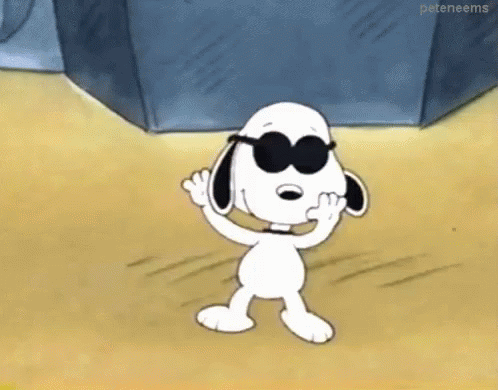from our newsletter, written by Linda Lin, RCC, CCC, RCAT
There's what it is.
Then there's what it seems.
Recently most of my concerns shows up as what it seems like initially.
It's as if my actions seem futile.
It seems like like I'm losing it.
My body, my business and my life seems like they're in their flop era.
Witnessing the age of the neocolonial internet where those who hold power actively outrightly censor untold stories of the oppressed and when allies share their activism, how shadow banned their accounts can become.
Here's what they don't want you to know!
How to access what it is and has always been:
In my community, folks whom I've been reaching out to are helping me to be able to call out all the ridiculous moments it has been seeming like to get to what it actually is.
Oppressive systems are built to prime and gaslight us to feel ‘what it seems’ like. Like we are fraud, or that nothing we do will help and we should just look away…
…when it is actually a healthy sign of your humanity if you have been feeling dysregulated, feeling the rage from the grief of witnessing.
Your felt sense of discomfort, grief and rage is living proof of the practice of unlearning and decolonizing. Indigenous teachings tell us that our bodies carry the knowledge, wisdom, pain and wounds from 7+ generations. Rage is our embodied wisdom.
If you feel like you are in the smack middle of your ‘flop era’, you are in the right place.
The place where there is:
• collective healing towards liberation
• unlearning and resistance from oppressive systems and practices
• access to what it is and to your lineage's wisdom
• emotional healing instead of spiritual bypassing
• creative ways to validate your experiences
• bravery to share wisdom, advocate and call up reps because you're a badass human who cares.
“We know too well that our freedom is incomplete without the freedom of the Palestinians”
- Nelson Mandela
The essence of our shared humanity and collective healing is to build a container for one another until all of us are free.
Bearing the weight of the thousands of lost dreams and the lifetimes of deep sorrow that will follow won't be possible if we don't come together, continue to call and email reps for a ceasefire NOW.











